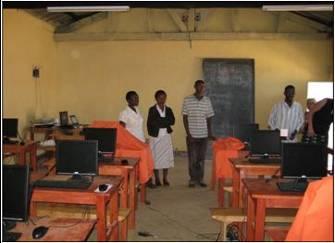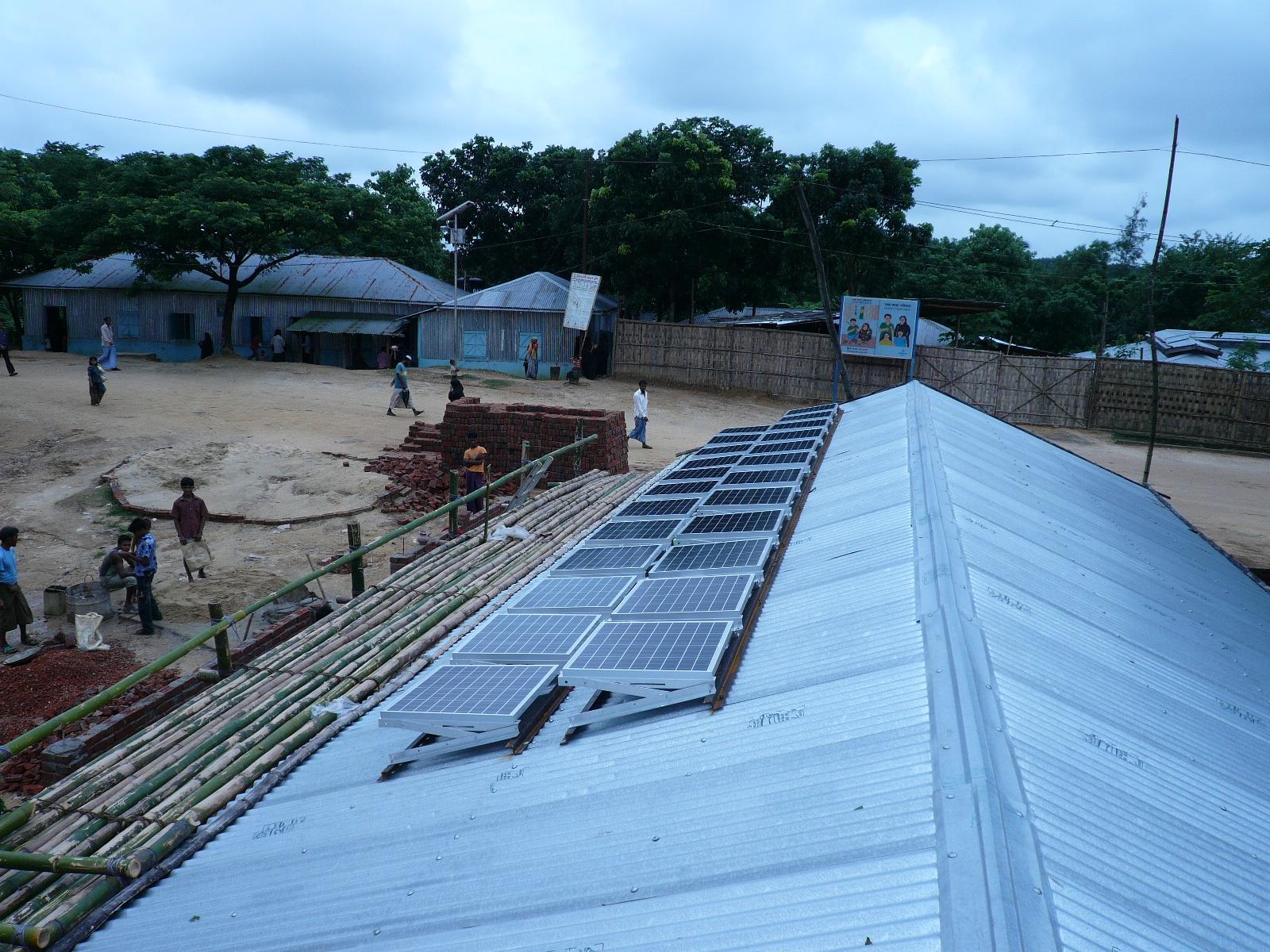Bringing the Benefits of Technology to Refugees; Improving Education and Enhancing their Long-term Livelihood
Bangladesh, Rwanda and New York City may not seem to have a lot in common but they are all currently showcasing an innovative program to help refugees in remote camps with limited electricity supply to gain access for the first time to information and communications technology (ICT) education and resources.
The Community Technology Access (CTA) program is supported by UN Refugee Agency (UNHCR), Microsoft and PricewaterhouseCoopers, to enhance livelihood and employment opportunities at refugee camps through ICT access and training.
The program was announced this week by President Bill Clinton, during the ‘Harnessing Innovation for Development’ plenary session of the Clinton Global Initiative Annual Meeting in New York City.

So far, CTA projects are in place, two in Bangladesh (at Nayapara and Kutupalong camps) and one in Rwanda (at Kiziba camp). In each camp, a classroom is equipped with computers, a server, a WiFi connection and projector, productivity and life skills software and an education curriculum.
Because the camps are isolated and located outside of reliable electricity supply, UNHCR, Microsoft and implementing partner Inveneo developed a sustainable solution including the building of the standardized solar-powered computer classrooms and use of ultra-low-power computers and servers to further reduce energy requirements.

In Rwanda’s Kiziba camp, the lack of affordable local Internet access has required using long distance WiFi to connect to a regional provider.
The partners decided to tap into a WiMAX network, which has brought broadband connectivity to a rural area previously untouched by the Internet.